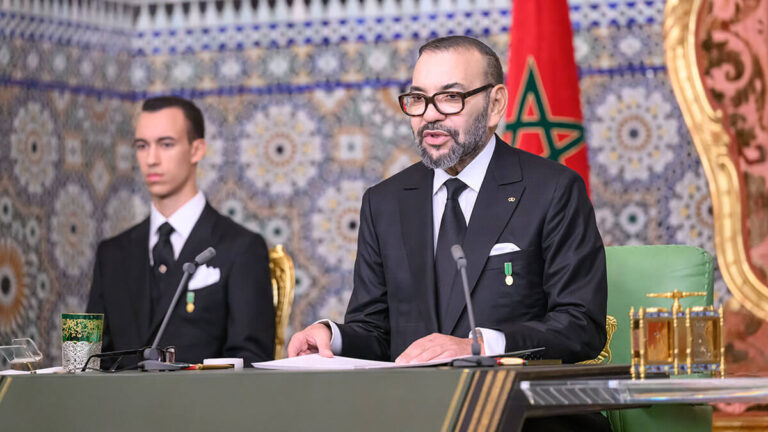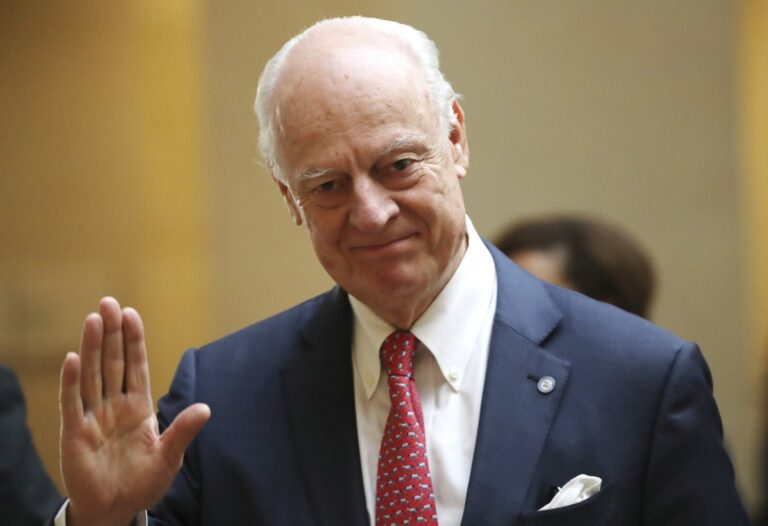
In the heart of Mali’s capital, Bamako, tension hung thick in the air like a heavy blanket of uncertainty. The country’s political landscape had been tumultuous for months, with protests, coups, and counter-coups shaking the foundations of governance. And now, the junta ruling the nation had tightened its grip on power with a chilling decree: a ban on media reporting of all political activities.
Journalist Amina Diarra felt the weight of this censorship keenly as she sat in her dimly lit office at the headquarters of Bamako Times, a once-vibrant newspaper now stifled by fear and oppression. She had dedicated her life to truth-telling, to holding those in power accountable, but now her hands felt tied, her voice silenced by the junta’s authoritarian decree.
Amina glanced at the framed photograph on her desk, a snapshot of happier times when press freedom still flourished in Mali. She remembered the spirited debates in newsrooms, the fearless investigations, the stories that had the power to spark change. But those days seemed like a distant memory now, fading into the shadows of a repressive regime.
Outside, the streets were eerily quiet, devoid of the usual hustle and bustle of a city teeming with life. People whispered in hushed tones, wary of who might be listening, afraid to speak their minds in a climate of fear and suspicion.
But Amina refused to be silenced. Despite the risks, she believed in the power of journalism to shine a light in the darkest of times. With a sense of determination burning in her chest, she gathered her courage and reached out to her fellow journalists, rallying them to resist the junta’s censorship, to continue reporting on the truth no matter the consequences.
Together, they formed a clandestine network, sharing information through encrypted channels, disseminating news through underground publications, and finding creative ways to bypass the junta’s draconian restrictions. They became the voice of the voiceless, the guardians of democracy in a country gripped by tyranny.
As their stories spread, so too did hope, a flickering flame of defiance in the face of oppression. Ordinary citizens found the courage to speak out, to demand accountability from their leaders, to stand up for their rights in the face of injustice.
The junta’s grip on power began to loosen as international pressure mounted, shining a spotlight on their repressive tactics. Emboldened by the support of the people, Amina and her fellow journalists continued their crusade for freedom of speech, knowing that the battle for democracy was far from over.
In the end, it was their unwavering resolve, their refusal to be silenced, that brought about change in Mali. The junta’s ban on media reporting was lifted, and press freedom was restored, a hard-won victory for the power of truth in the face of oppression. And Amina, her spirit unbroken, returned to her typewriter, ready to write the next chapter in Mali’s journey towards democracy.






